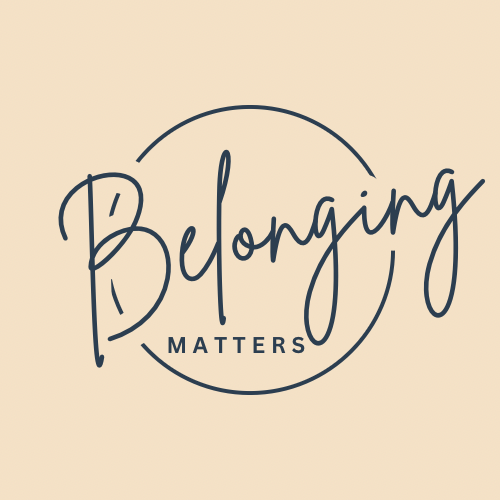What Does Recovery from Social Anxiety Really Mean?
For each person, there will be a gradient scale of the impact social anxiety has on their lives. Their level of avoidance and relationship with their inner critic will likely be molded over time to influence the severity of their symptoms. Unfortunately, severity is most easily measured by impairments caused by avoidance, which leaves high-functioning people left unaddressed. So, let’s explore both a behavioral and relational perspective of recovery that addresses most populations.
Behavioral: Avoidance exists for all people with social anxiety, whether it’s avoidance of internal behaviors of self-compassion, self-worth, and language changes, or external behaviors of employment, driving, relationships, or grocery stores. We don’t want to fall into perfectionism and say recovery means never being self-critical again or never declining a party invitation. If we put recovery on a perfection pedestal, we could fall into the abstinence violation effect, where once we make one mistake, we experience a higher intensity of shame and more extended periods of relapse before getting back on track. I define behavioral recovery as approaching most choices with a value-oriented decision.
Relational: I do not use the term “interpersonal” here intentionally because social anxiety is a generalized problem toward society, which often can present itself interpersonally. However, the relational recovery refers to a change in our relationship with ourselves. The greater our behavioral recovery, the more likely there will be a greater relational recovery. As people increase their psychological flexibility and approach behaviors, their self-worth often grows too, through acts of self-kindness. As self-worth grows, shame decreases. I define relational recovery as a new internalization that we are human, allowed to feel emotions and make mistakes, and are still worthy of love.
Whether you’re a high-performing executive with a family, yet riddled with self-critical remarks and fused with shame that you’ll never be good enough, your recovery is more internally oriented to have approach behaviors with self-compassion, acts of self-kindness, and an updated internalization that we are human and, despite our mistakes, are still worthy of love. On the other end, if you’re struggling with independence, unemployed, limited or no friendships, and fused with shame, your recovery is both external and internally oriented. Internal shifts of self-compassion, acknowledging that life isn’t as you wish, and external shifts of bravery and value clarification, which propel you to live the life you deserve through building relationships and independence.
These definitions brought together show I define social anxiety recovery as a dynamic process where stress and life events may bring back unhelpful coping tools of avoidance, yet most days and most decisions are made with values at the forefront, and an ongoing updating internalization that we are human, allowed to feel emotions and make mistakes, and are still worthy of love.
Food for thought: social anxiety is known to be episodic. In times of high stress, such as a job change, a breakup, or failed classes, the inner critic may return. This does not mean they’re not in recovery anymore. Their responses to the return of the inner critic would determine a relapse (if that’s the word that fits best). If the inner critic returns and they spend days, weeks, or months returning to a fused state, then a relapse term is more warranted. If, on the other hand, they become aware of the inner critic's return within a few moments or days, and respond with self-compassion, giving themselves the grace to adjust to a new normal, they would still be in recovery. Similar to how someone in recovery from addiction may still have cravings after 20 years of abstinence, the craving itself (inner critic or feeling shame) doesn’t equate to a relapse.
Ideally, recovery is to be defined by the individual. I’ve provided broad definitions that I attempt to meet most people’s needs in their presentations. How would you define recovery from social anxiety?
